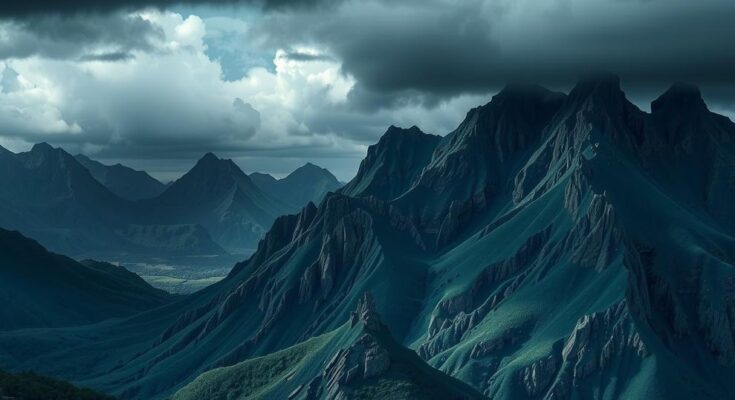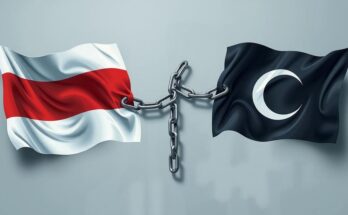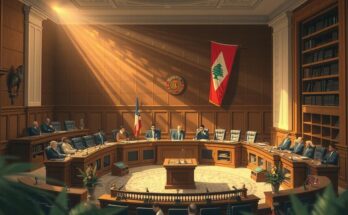Renewed conflicts erupt in the DRC as M23 rebels clash with pro-government forces. Following a failed ceasefire and promises to withdraw from key areas, fighting intensifies in North and South Kivu provinces. Regional leaders are attempting to broker peace, but tensions with neighboring Burundi escalated due to accusations against Rwanda.
Fighting has escalated in the eastern Democratic Republic of Congo, despite continuing efforts from regional mediators. Rwanda-backed M23 rebels have engaged in battles with pro-government fighters, known as Wazalendo, across North Kivu and South Kivu provinces. This violence follows a virtual meeting of leaders from two regional blocs—the East African Community and the Southern African Development Community—aimed at restoring a faltering ceasefire.
The M23 rebels have made significant territorial gains since January, capturing Goma and Bukavu, two of eastern Congo’s largest cities. This advancement has resulted in thousands of fatalities and displaced hundreds of thousands of residents. Recently, clashes resumed after the rebels failed to honor a commitment to withdraw from the strategic town of Walikale in North Kivu province.
Local civil society activist Muhindo Tafuteni reported ongoing violence in North Kivu, particularly near Lake Edward, which borders Uganda. In South Kivu, fighting was noted in multiple towns north of Bukavu, which the M23 seized in February. Corneille Nangaa, the leader of the Congo River Alliance, comprising the M23 group, emphasized a commitment to continue fighting for the future of their country, while dismissing recent peace talks as ineffective without their involvement.
Regional leaders from the EAC and SADC convened on Monday to promote a ceasefire initiative, rooted in historical tensions stemming from the 1994 Rwandan genocide and competition for valuable mineral resources in the region. The leaders appointed five former state heads to aid the peace process, including Nigeria’s Olusegun Obasanjo and South Africa’s Kgalema Motlanthe. In coordination with this effort, the Congolese presidency announced the replacement of mediator President Joao Lourenco of Angola, who had stepped down after unsuccessful negotiations.
Amid ongoing conflict, tensions are also rising with Burundi, whose President Evariste Ndayishimiye has accused Rwanda of planning an attack on Burundi, alleging support for the Red Tabara rebel group. In his interview, President Ndayishimiye asserted that “Burundians will not accept to be killed as Congolese are being killed.” In response, Rwandan government spokesperson Yolande Makolo expressed surprise at these accusations and highlighted ongoing security discussions between the two nations.
The violence in the Democratic Republic of Congo highlights the complexities of regional politics and the challenges of ceasefire negotiations. Despite international efforts to mediate, the commitment of armed groups such as the M23 complicates peace initiatives. Additionally, the rising tensions between Rwanda and Burundi underscore the potential for further regional instability, affecting local populations in both nations. The mineral wealth of the region continues to be a pivotal factor in this ongoing conflict.
Original Source: www.aljazeera.com




